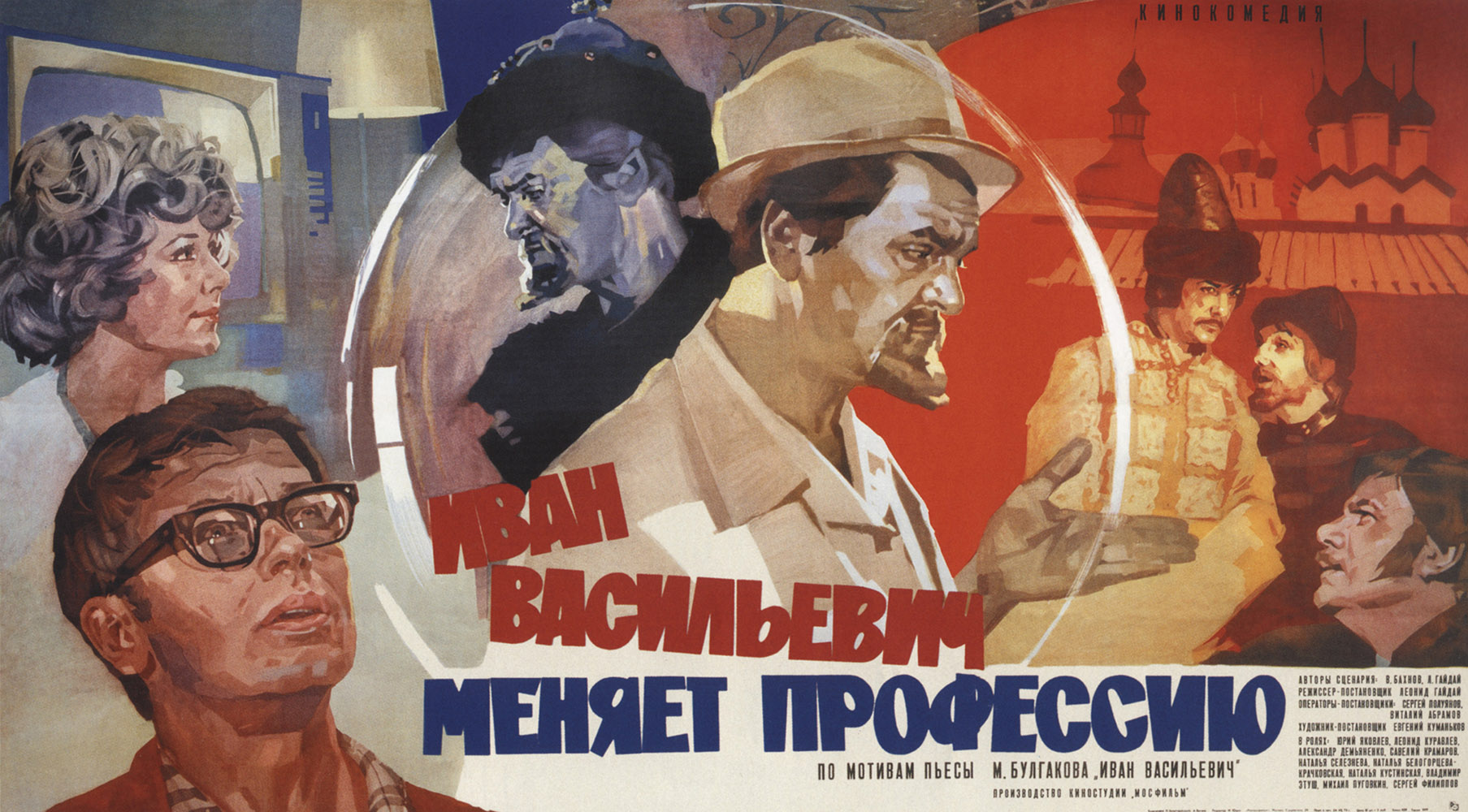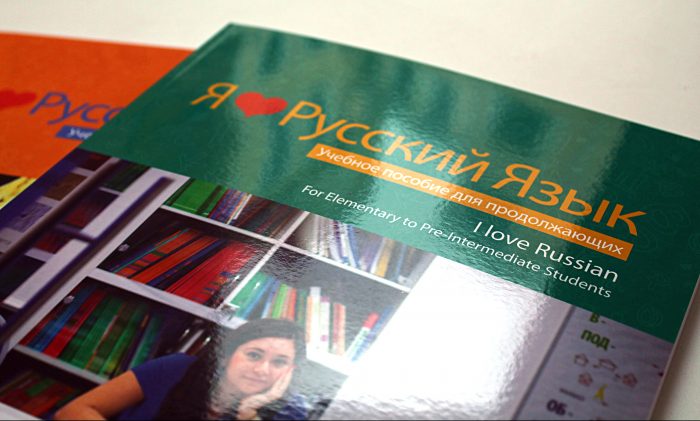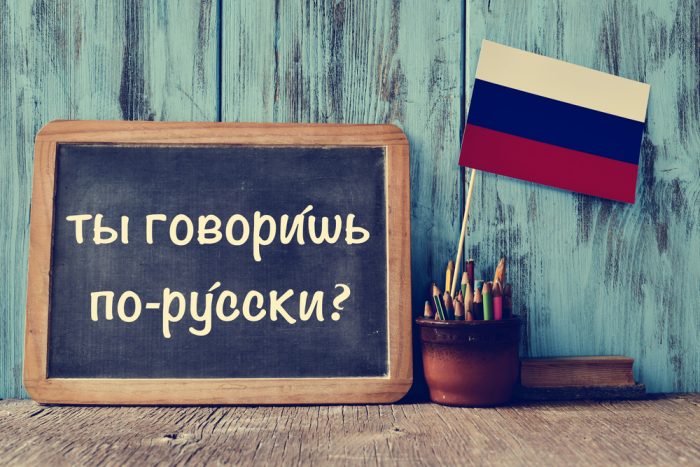
Five minutes into Ivan Vasilyevich Changes Profession, it’s easy to see why this was one the most attended movies in the Soviet Union, selling a whopping 60 million tickets. After the opening credits roll, a title screen declares this is “a non-science fiction, not quite realistic and not strictly historical film” – and then the 1 hour 28 minute comedy commences.
What follows is a Soviet screwball comedy, based on a 1930s play by Mikhail Bulgakov but transplanted to ‘70s Moscow. The storyline is completely bonkers: adorkable scientist Aleksandr Timofeyev builds a time machine and accidentally causes Ivan the Terrible to trade places with his building superintendent and an opportunistic conman. Crazy hijinks and comedy capers ensue across two timelines, accompanied by plenty of Benny Hill-style chase scenes and even a few musical numbers. There’s a subplot about Timofeyev’s sexy actress wife leaving him for her director, plenty of “fish out of water” humour, and in the last minute (spoiler alert) you find out it was all a dream.
So what makes this movie so special? Well for starters, it’s hilarious. Directed by one of the USSR’s most popular comedy directors, Leonid Gaidai, this is the Soviet Union’s answer to Monty Python – a zany farce packed full of physical humour and fourth wall-breaking witty asides.
For another, it’s a visual pleasure, pairing meticulous set designs with fantastically naff special effects (to be honest, the movie is worth watching for the time machine alone, which is clearly nothing more than tin foil, bubbles and smoke machine glued together).
And if those aren’t reasons enough to convince you? It’s also an enjoyable way to learn about two periods of Russian history: the 16th century reign of Ivan IV Vasilyevich, the first Russian Tsar, and life in the 21st century USSR. That makes it practically educational, right?
Do you have any other Russian film recommendations? Tell us about them on Facebook or Instagram and we might just write a post about them too!

Students will be happy to learn that the Russian Government has today announced plans to make Russian language easier in an effort to simplify greater international engagement. …

In a previous post, we revealed that Russians don't really say “na zdarovje” when they toast. While the phrase has been popularised in English language media – and a lot of Russians will nod politely and clink glasses with you if you use it – it’s not something a native speaker would ever…

Improve your Russian while working as an expat? Mission possible! …

What could be a better way for Russian immersion than reading, especially when you read the books that you find interesting and that can give you a better idea of the culture of Russia? Co-founder of Liden & Denz, Walter Denz shares his experience on how reading Russian literature can improve your…

Learning a language is hard. Keeping it when you don't have classes is even harder. So this article is not about how to learn Russian, but how to maintain your Russian. …

I love Russia. I have been living in St. Petersburg for almost two months, and after travelling all around the world it feels like I have finally found a place where I would see myself settling down. The inexorable beauty of the streets, the architecture, the importance of art and culture, the water…

Oh, the Russians! I was recently watching the last season of Stranger Things and, to my surprise, Russians are quite present there. For those of you who might not be familiar with the TV series, it is set on an American town during the 80s. And what do we recall from those times? The unique fashion…

Learning the Russian language can be a long, hard slog. Days, weeks, months spent poring over textbooks, attempting to understand the cases, crying over aspects, endeavouring to pronounce ы and щ. …